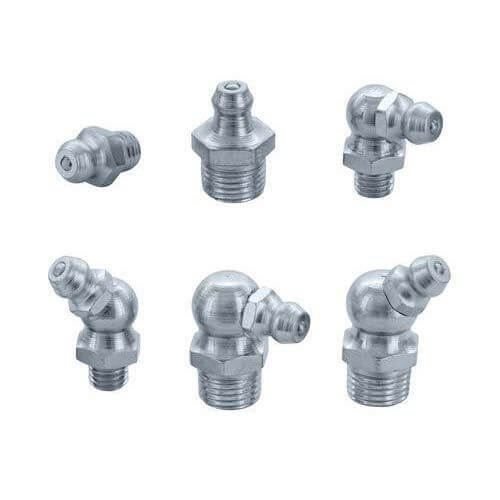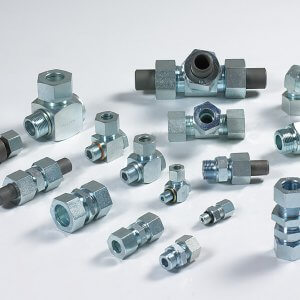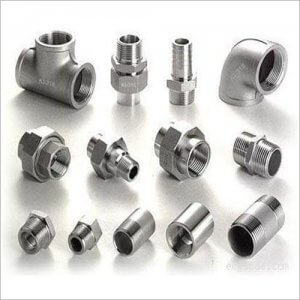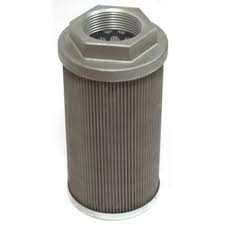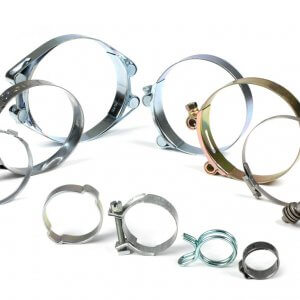Ermeto fittings are tube or pipe fittings type that is used in various industrial applications across world. These fittings suits best to be used in high pressure hydraulic application such as pneumatic and hydraulic lines. The fittings offer as excellent general characteristics that makes is highly popular and efficient fittings material in industries. The product offers excellent corrosion resistance, good stability, improved durability, excellent construction and tolerance for high temperature.We are the most popular industries in the trading and exporting of efficient quality or Ermelo fittings to their buyers across world.
Grease Nipple
(0 Customer reviews)A grease fitting, grease nipple, jerk fitting, grease jerk, or Ale mite fitting is a metal fitting used in mechanical systems to feed lubricants, usually lubricating grease, into a bearing under moderate to high pressure using a grease gun.
Category: Hydraulic section
Related products
Carbon Steel – Stainless Steel Forged Fittings
( Customer review)
Stainless steel Hydraulic fittings connect conductors such as hoses, pipes and tubes in a hydraulic system. Most fittings have a male and female component that joins to form a connection. These connections help contain and direct the flow of hydraulic fluid in the conductor while preventing leaks and maintaining pressure. Different fittings allow designers to change flow direction, the elevation of lines or split flow.
Suction Stainer (Oil Filter)
( Customer review)
An oil filter is a filter designed to remove contaminants from engine oil, transmission oil, lubricating oil, or hydraulic oil. Oil filters are used in many different types of hydraulic machinery. A chief use of the oil filter is in internal-combustion engines in on- and off-road motor vehicles, light aircraft, and various naval vessels. Other vehicle hydraulic systems, such as those in automatic transmissions and power steering, are often equipped with an oil filter. Gas turbine engines, such as those on jet aircraft, also require the use of oil filters. Aside from these uses, oil production, transport, and recycling facilities also employ filters in the manufacturing process.
MS-SS Hose Clip
( Customer review)
A hose clamp or hose clip is a device used to attach and seal a hose onto a fitting such as a barb or nipple.Other names for the worm gear hose clamp include worm drive, worm gear clips, clamps, or just or hose clips. In the United Kingdom, Ireland and some of the former British colonies, the Jubilee Clip dominated the market to the extent that Jubilee Clips tend to be known almost exclusively by their brand name.

